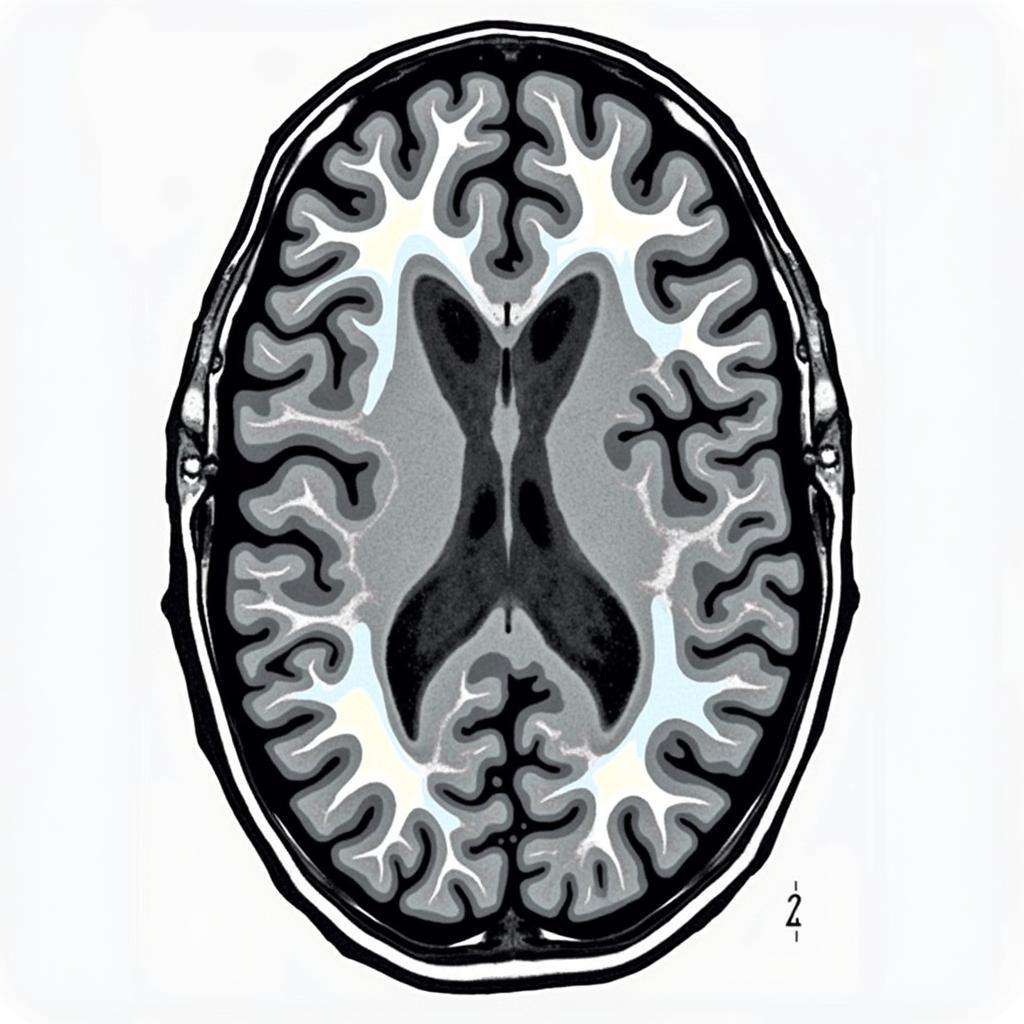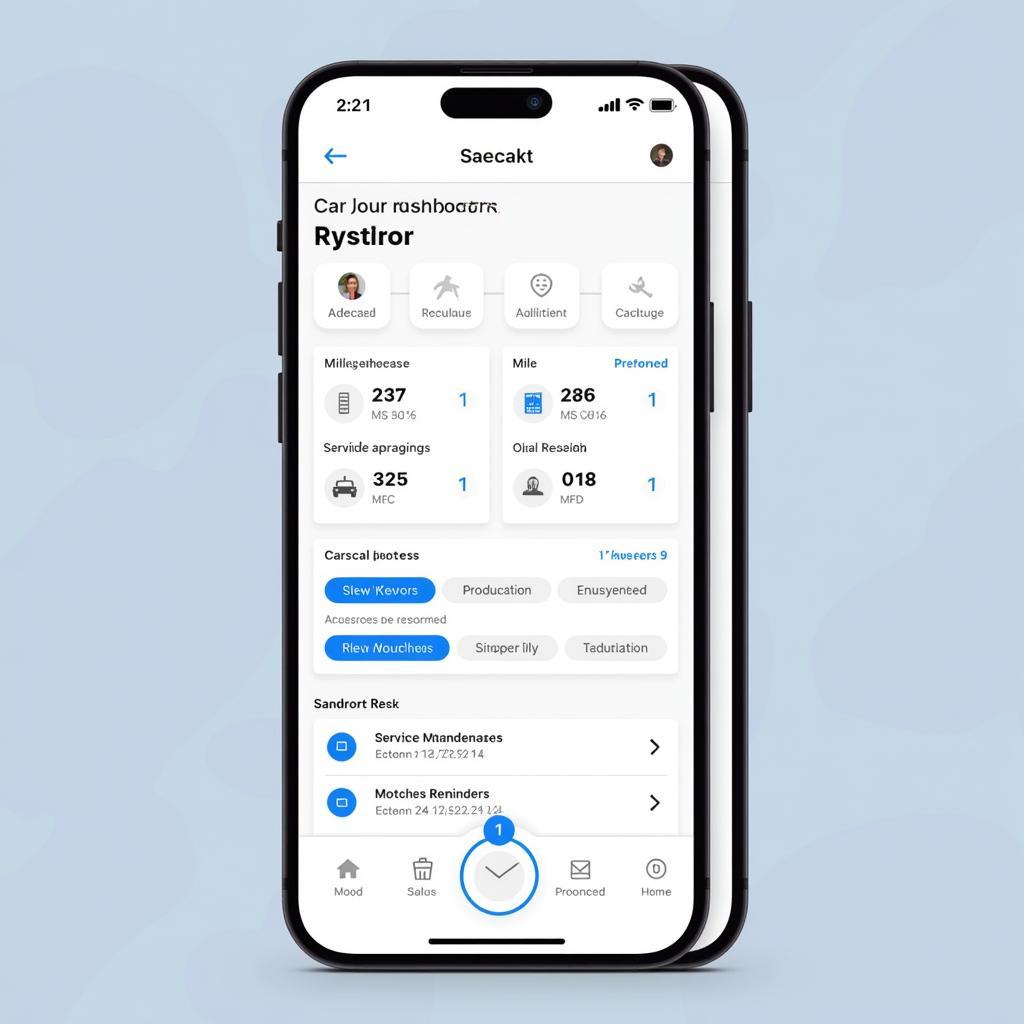After a car accident, experiencing thinking problems is more common than you might think. These cognitive difficulties can range from mild forgetfulness to serious impairment, significantly affecting your daily life. Understanding these issues is the first step towards recovery. Let’s delve into the potential cognitive challenges you might face and how to address them. You might also find helpful information about dealing with a car rear alignment problem.
What Kind of Thinking Problems Can Occur?
Cognitive impairments after a car accident, often linked to concussions or other head injuries, can manifest in various ways. Memory problems are common, including difficulty recalling the accident itself, recent events, or even familiar information. You might struggle with concentrating, making decisions, or processing information quickly. These issues can be incredibly frustrating, impacting your work, relationships, and overall well-being.
Why Do These Thinking Problems Happen?
Several factors contribute to thinking problems after a car accident. Physical trauma to the brain, such as a concussion, can disrupt normal cognitive function. The emotional stress and anxiety following an accident can also exacerbate cognitive difficulties. Pain, medication side effects, and sleep disturbances can further complicate the picture, making it difficult to think clearly and efficiently.
 Brain Scan Showing Impact of Car Accident
Brain Scan Showing Impact of Car Accident
How Are Thinking Problems Diagnosed?
If you’re experiencing cognitive challenges after a car accident, seeking professional help is crucial. A medical evaluation will typically involve a neurological examination, cognitive tests, and imaging studies like CT scans or MRIs. These assessments help determine the extent of the injury and guide appropriate treatment strategies. Early diagnosis and intervention are essential for maximizing recovery potential.
What Treatment Options Are Available?
Depending on the severity of the cognitive impairment, various treatment options exist. Cognitive rehabilitation therapy helps individuals regain lost cognitive skills through targeted exercises and strategies. Medication might be prescribed to manage pain, sleep disturbances, or other symptoms contributing to cognitive difficulties. Therapy can also address emotional trauma and anxiety, promoting overall well-being and supporting cognitive recovery. If you’ve been in an accident and are experiencing back problems, it’s important to address those as well.
back problems after car accident
How Can I Cope with Thinking Problems?
Coping with thinking problems after a car accident can be challenging, but several strategies can help. Breaking down tasks into smaller, manageable steps can make them less overwhelming. Using memory aids like calendars, lists, and reminders can help with organization and recall. Creating a structured daily routine can provide a sense of stability and reduce cognitive demands. Practicing relaxation techniques, such as deep breathing or meditation, can manage stress and improve focus. Sometimes, a used car can bring unexpected mechanical challenges, which can add to post-accident stress. It’s crucial to prioritize your well-being during this time.
When Should I Seek Medical Attention?
If your thinking problems persist or worsen, it’s essential to seek prompt medical attention. Don’t hesitate to contact your doctor or a healthcare professional if you’re experiencing significant memory loss, difficulty concentrating, or changes in your decision-making abilities. Early intervention is key to optimizing your recovery journey. If a used car is giving you too much trouble, it might be contributing to your stress levels.
used car having too much problems
How Long Do Thinking Problems Last?
The duration of thinking problems after a car accident varies depending on the severity of the injury and individual factors. For some, cognitive difficulties may resolve within a few weeks or months. Others might experience longer-lasting challenges requiring ongoing therapy and support. Working closely with your healthcare team and following their recommendations can significantly influence your recovery timeline and outcome.
“Patience and consistent effort are key to recovering from cognitive challenges after a car accident. Don’t hesitate to seek support and celebrate even small victories along the way.” – Dr. Emily Carter, Neuropsychologist.
“Understanding the underlying causes of thinking problems is crucial for developing effective treatment strategies. A thorough evaluation is the first step towards regaining cognitive function.” – Dr. Michael Davis, Neurologist.
Conclusion
Thinking problems after a car accident can be a significant hurdle, but with proper diagnosis, treatment, and support, recovery is possible. Remember to seek professional help, prioritize self-care, and celebrate every step forward in your journey back to cognitive well-being. Connect with us at AutoTipPro for further assistance. Our phone number is +1 (641) 206-8880, and our office is located at 500 N St Mary’s St, San Antonio, TX 78205, United States.






Leave a Reply